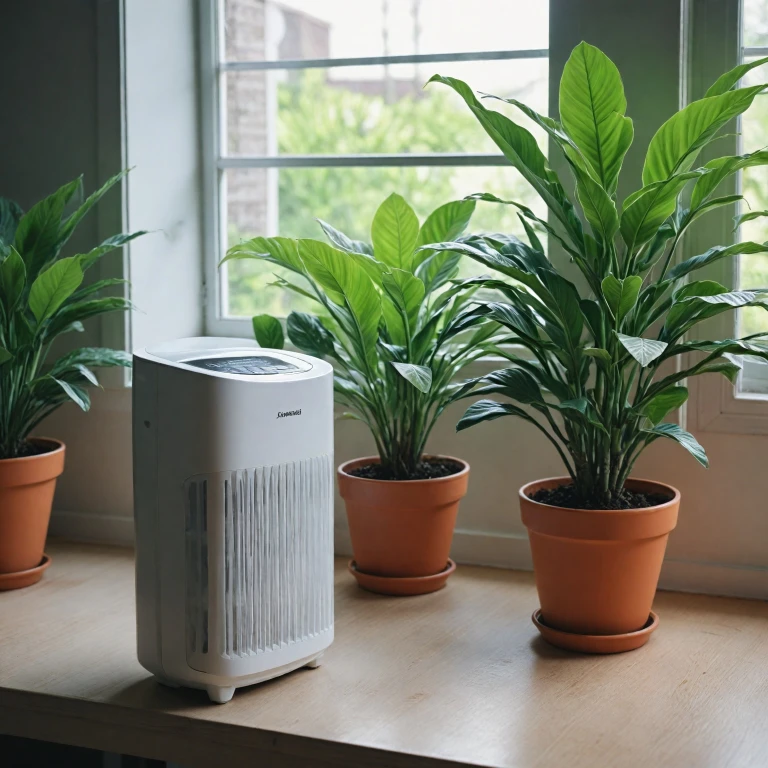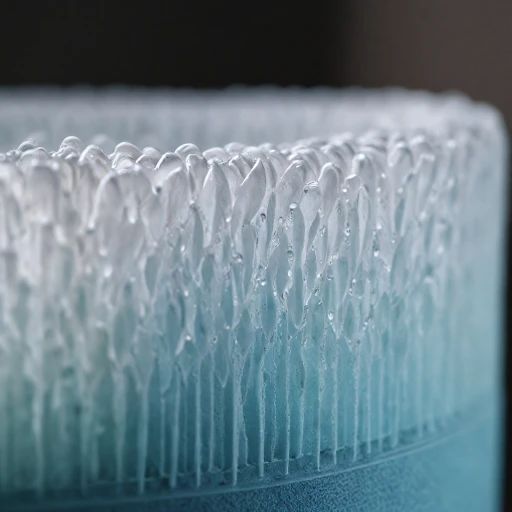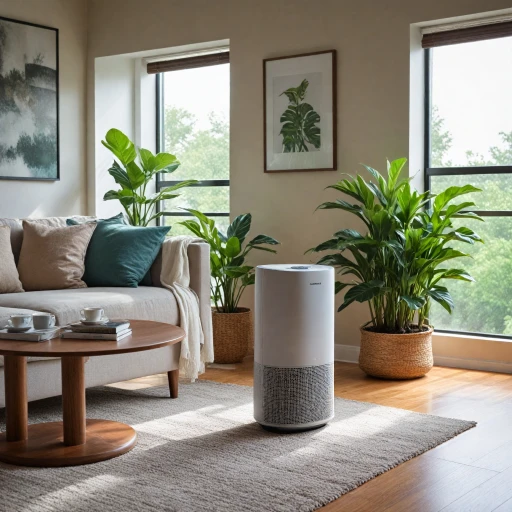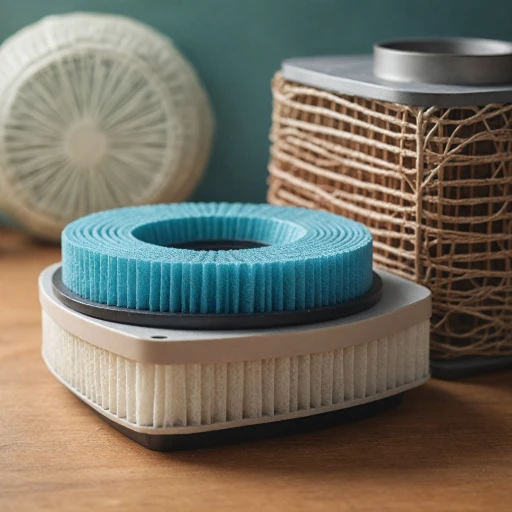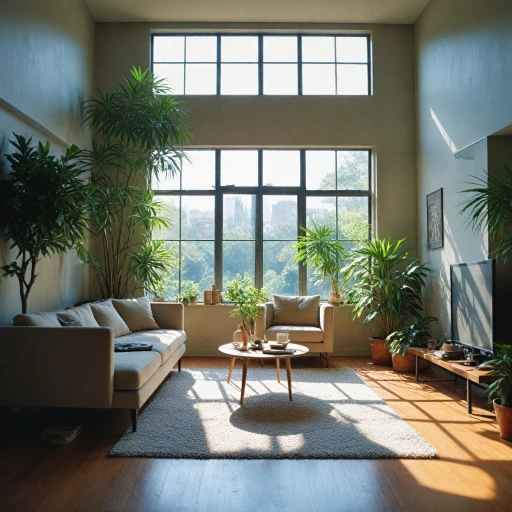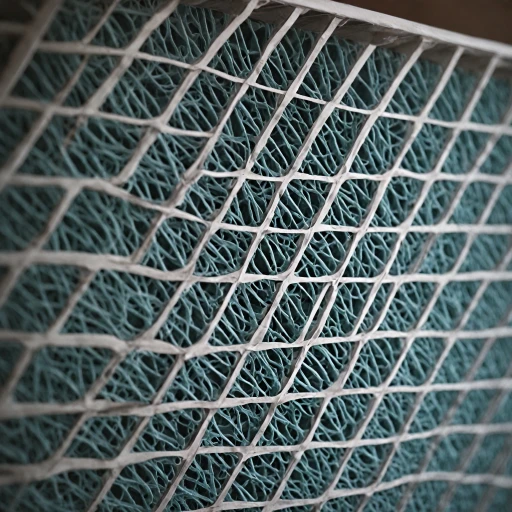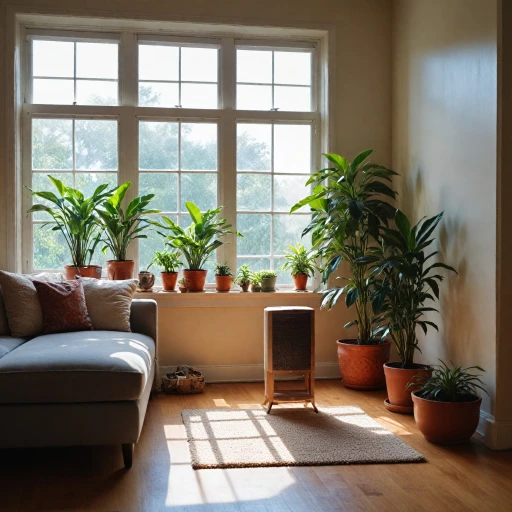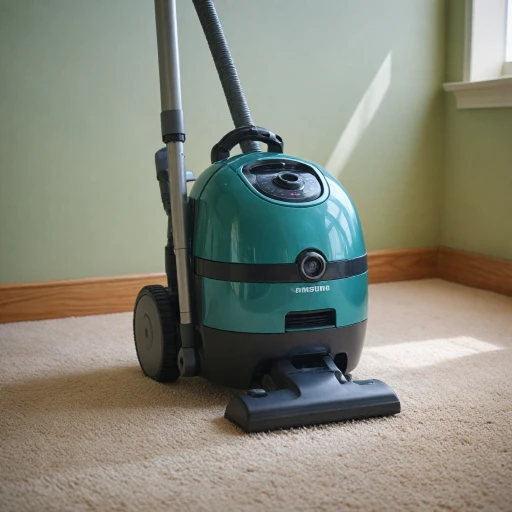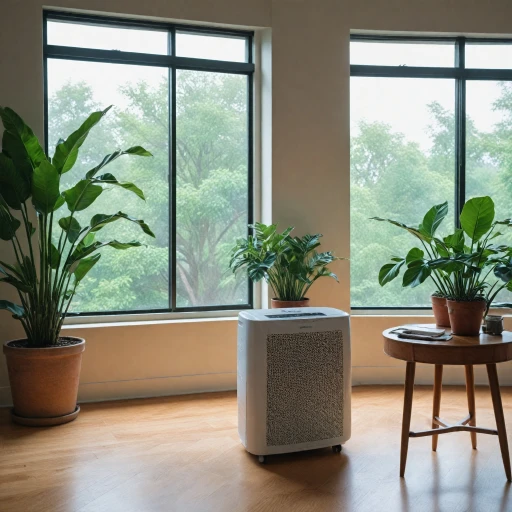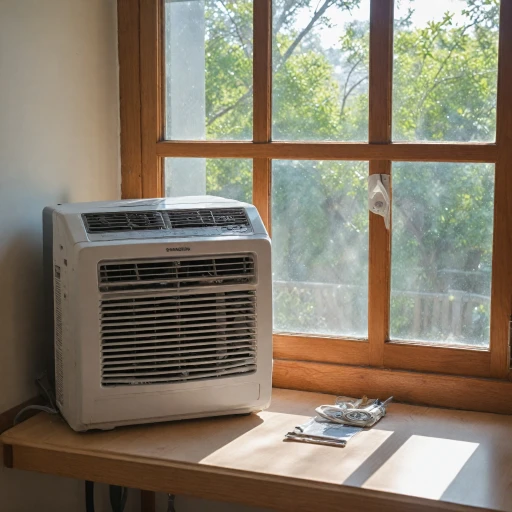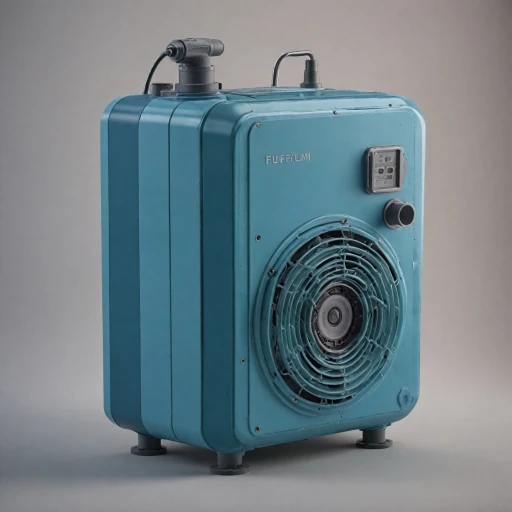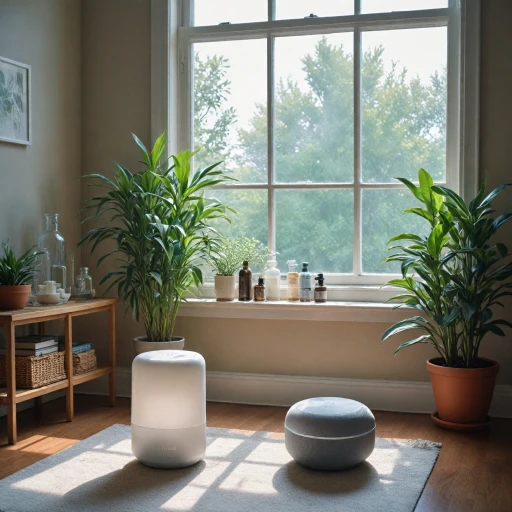Understanding HEPA Filters
Demystifying HEPA Filters
Understanding what a HEPA filter is and how it functions is crucial for maximizing the efficiency of any air purifier. HEPA, which stands for High-Efficiency Particulate Air, is a type of filter designed to trap at least 99.97% of particles that are 0.3 microns in size. This includes common allergens such as pollen, dust, and mold spores. HEPA filters are constructed from a mat of randomly arranged fibers, varying in diameter. The effectiveness of a true HEPA unit relies on both the density of this fiber mat and the suction power of the air purifier model. In combination with pre filters, carbon filters, or even UV light technology, HEPA filters ensure comprehensive air filtration that not only targets particles but also adsorbs odors and volatile organic compounds. Consider favoring models from brands like GermGuardian, which often come highly rated in user reviews for their germ-reducing capabilities. The regular replacement of these filters often aligns with the performance and longevity of the air purifiers. Knowing when to opt for a new filter comes down to noticing certain signs and understanding its regular lifespan, helping ensure that the air purifier remains as effective as intended. By staying informed about each model's specifications and adhering to manufacturer guidelines on replacement intervals, you safeguard your indoor air quality and enjoy the full benefits that HEPA filters offer.Signs It's Time to Replace Your HEPA Filter
Recognizing When Your HEPA Filter Needs Replacement
One of the most crucial aspects of maintaining your air purifier is knowing when it's time to switch out your HEPA filter. Regular monitoring is essential to ensure that your air purifier runs efficiently, particularly if you want to get the best air quality possible. While manufacturers often provide general guidelines on filter replacement, recognizing the signs can help you avoid waiting too long. Here's what to look for:- Reduced Airflow: If you notice a decrease in airflow from your unit, it may be because the filter is clogged with particles. An obstructed filter can significantly affect your purifier's performance.
- Unpleasant Odors: Noticeable odors emanating from your air purifier could indicate that the HEPA filter is no longer effective in trapping odors and other pollutants.
- Allergy Symptoms: If allergy symptoms worsen or you start experiencing issues like increased sneezing or watery eyes, it may be time to evaluate your filter's efficiency.
- Form and Color Changes: A true HEPA filter will generally turn gray or black due to accumulated particles. Regular checks for discoloration can help determine when a replacement is due.
- Manufacturer's Guidance: Some models, such as those from germguardian, have indicators that signal when a change is needed, based on time, typically every six to twelve months.
How Often Should You Replace Your HEPA Filter?
Determining the Optimal Replacement Frequency
When it comes to maintaining the efficiency of your air purifier, understanding the ideal replacement frequency for your HEPA filter is crucial. The lifespan of a HEPA filter can vary depending on several factors, including the model of the air purifier, the environment in which it's used, and the level of air pollution in your area.
Typically, manufacturers like GermGuardian recommend replacing HEPA filters every 6 to 12 months. However, this can fluctuate based on usage patterns. For instance, if your air purifier is running continuously in a high-pollution area, you might need to replace the filter more frequently.
It's also important to consider the type of filter you are using. Some units come with a pre-filter or a carbon filter that may need replacement more regularly than the main HEPA filter. Checking reviews and the regular price or sale price of filters can help you plan your budget for replacements.
Moreover, certain models, such as the GermGuardian FLT series, might have specific guidelines for replacement. Always refer to the manufacturer's instructions for your specific unit to ensure optimal performance. Regularly checking the condition of your filter can also prevent any negative impact on air quality due to delayed replacements.
The Impact of Delayed HEPA Filter Replacement
The Consequences of Postponing Your HEPA Filter Change
When it comes to maintaining an optimal level of air quality in your home, timely replacement of HEPA filters is crucial. Delaying this essential maintenance can challenge the effectiveness of your air purifier and have several other implications.- Reduced Efficiency: A clogged HEPA filter forces your air purifier to work harder, leading to increased energy consumption and reduced air purification performance. It strains the unit, potentially decreasing its lifespan.
- Compromised Air Quality: As filters become saturated with pollutants, their ability to capture dust, allergens, and other particles diminishes. This results in poorer air quality, affecting health particularly for those with allergies or respiratory issues.
- Unpleasant Odors: A worn-out HEPA filter can begin to emit musty odors due to accumulated particles. This is especially common in units equipped with carbon filters, which require regular replacement to effectively control odors.
- Increased Costs: Holding off on replacing air filters might seem like a money-saving strategy, but it often leads to higher costs in the long term. An overworked air purifier may require more frequent repairs and ultimately cost more than regular maintenance.
- Potential for Mold Growth: If a filter becomes damp or is exposed to moisture from sources like a humidifier or leaked water, there's a risk of mold growth. Mold spores can be released into the air, worsening indoor air quality.
Choosing the Right Replacement Filter
Finding the Best Replacement Filter for Your Needs
Once you notice your air purifier's performance declining or see visible signs that your HEPA filter needs replacing, the next step is choosing the most suitable replacement filter. A wide variety of HEPA filters are available in the market, each tailored to different models and filtration needs. Here's what you should consider when selecting the right filter:
- Compatibility: Ensure the replacement filter is designed for your specific air purifier model. Brands like GermGuardian and others often have model-specific filters, such as the GermGuardian FLT HEPA filter, ensuring optimal performance.
- Filter Type: Besides ensuring it is a true HEPA filter, evaluate whether you need additional filtration layers such as carbon or pre-filters. A pre-filter can capture larger particles, extending the life of your HEPA filter.
- Price and Value: Compare the regular price and any current sale price to ensure you're getting the best value. Although a high-quality HEPA filter might come at a higher unit price, investing in a durable, effective filter will save you money in the long run.
- Customer Reviews: Before making a purchase, check reviews from other users. Feedback on performance, longevity, and ease of replacement can provide valuable insight into the filter's quality.
- Purchase Timing: Look out for sales, especially during regular sales events, to purchase at a lower price than the regular price.
Understanding these factors will help you make an informed decision when purchasing a replacement filter for your air purifier. Ensuring you have the correct replacement air filter is not only crucial for maintaining clean air, but it also optimizes your air purifier's efficiency.
